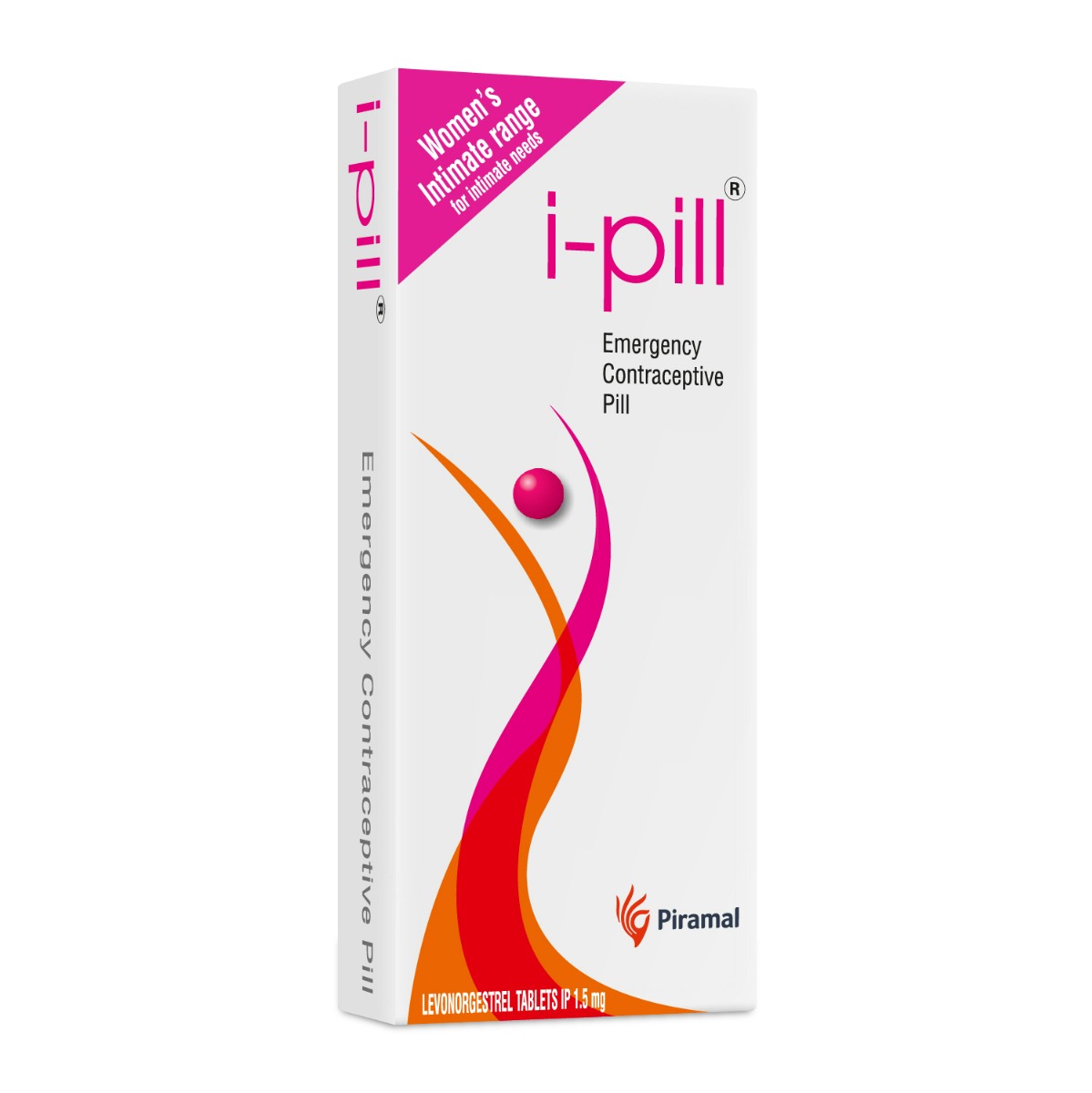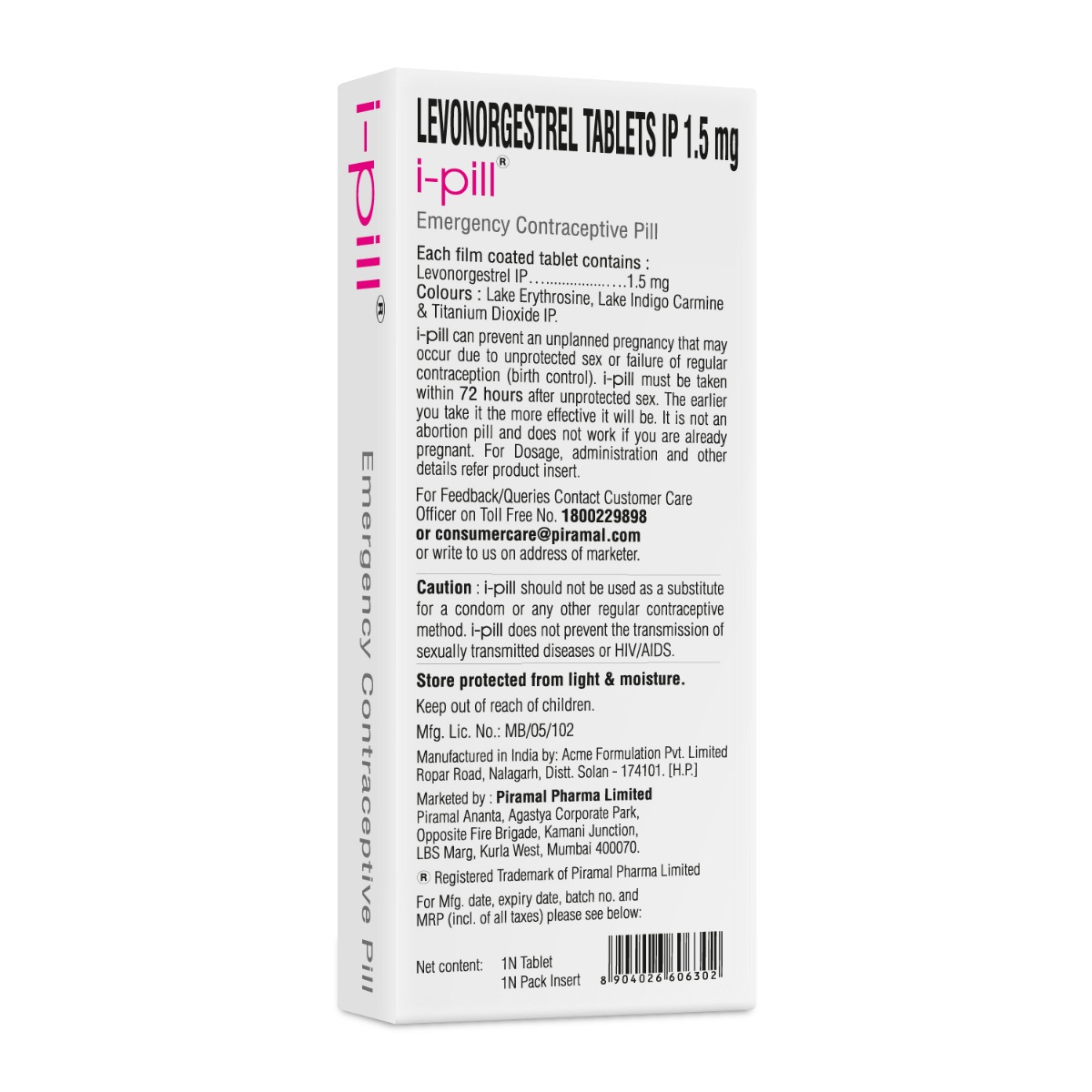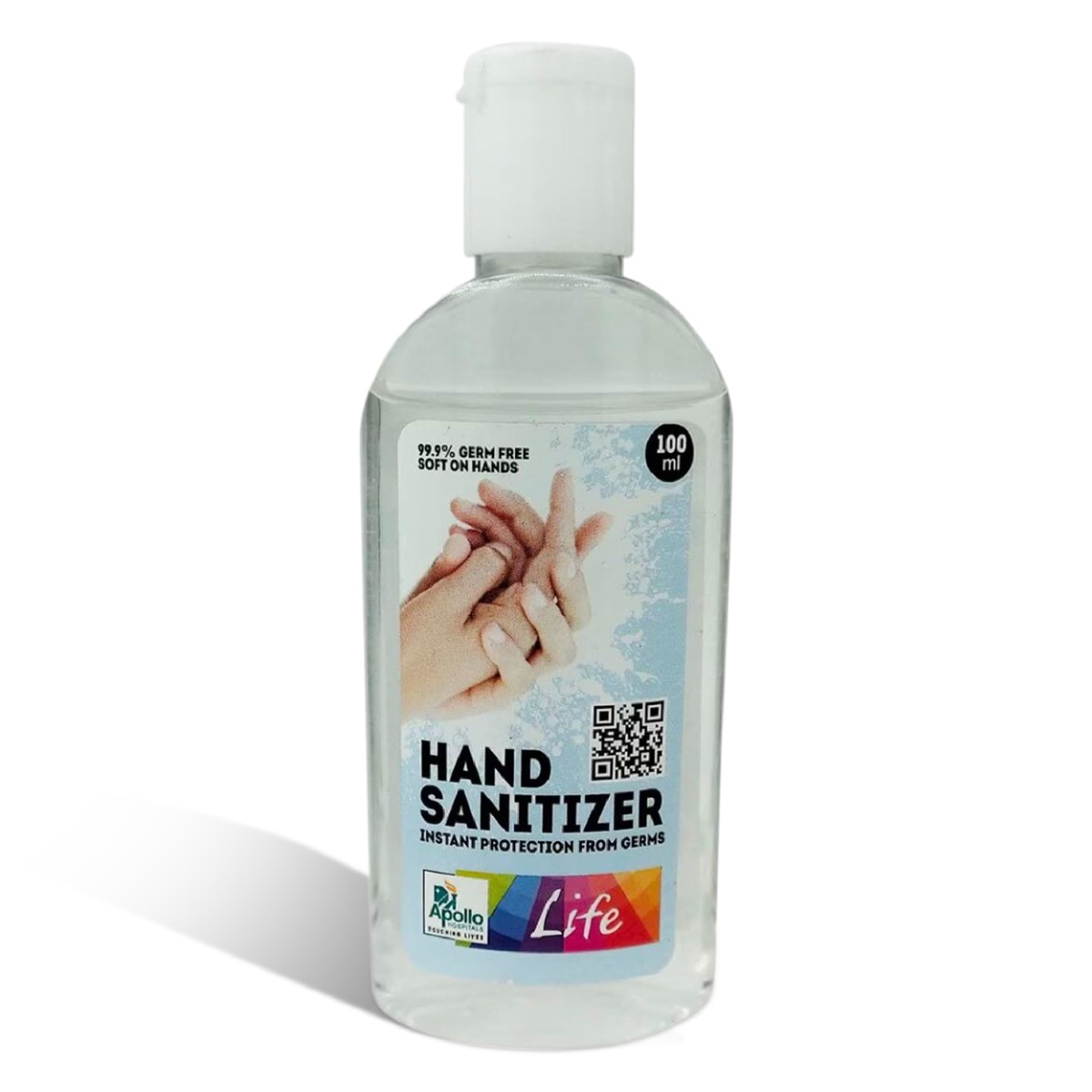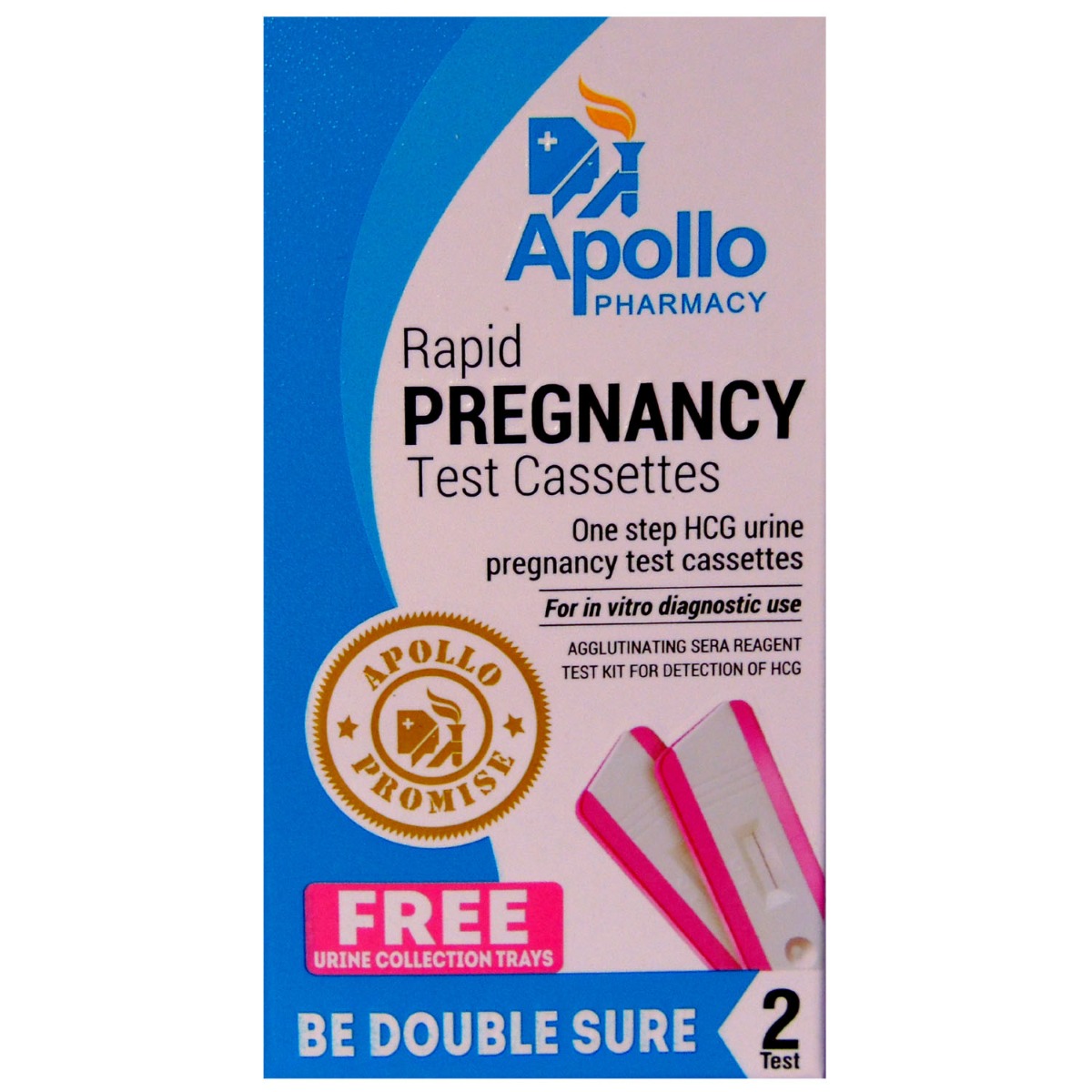i-Pill Emergency Contraceptive Pill Tablet
MRP ₹76.5
(Inclusive of all Taxes)
₹11.5 Cashback (15%)




Available Offers
Author Details
We provide you with authentic, trustworthy and relevant information
Drug-Drug Interactions
Drug-Drug Interactions
Login/Sign Up
Coadministration of Acitretin with i-Pill Emergency Contraceptive Pill, 1 Tablet can increase the risk and severity of birth defects in unborn when taken by a pregnant woman.
How to manage the interaction:
Taking Acitretin with i-Pill Emergency Contraceptive Pill, 1 Tablet together is generally avoided as it can result in an interaction, it can be taken if a doctor has advised it. Consult a doctor if you get pregnant while taking these medications. Never use acitretin if you are pregnant. Do not stop using any medications without talking to a doctor.
Using etretinate and i-Pill Emergency Contraceptive Pill, 1 Tablet can cause severe birth defects.
How to manage the interaction:
Taking Etretinate with i-Pill Emergency Contraceptive Pill, 1 Tablet can cause an interaction, consult a doctor before taking it. Do not stop using any medications without talking to a doctor.
Taking i-Pill Emergency Contraceptive Pill, 1 Tablet with Tranexamic acid may increase the risk of blood clot formation which can lead to serious conditions such as heart problems and kidney failure.
How to manage the interaction:
Taking Tranexamic acid with i-Pill Emergency Contraceptive Pill, 1 Tablet may leads to an interaction but can be taken if prescribed by the doctor. However, if you experience chest pain; shortness of breath; coughing up blood; blood in the urine; sudden loss of vision; and pain, redness, or swelling in your arm or leg, consult the doctor immediately. Do not stop using any medications without talking to a doctor.
Dabrafenib may lower the blood levels and effects of i-Pill Emergency Contraceptive Pill, 1 Tablet, making it less effective as a type of birth control.
How to manage the interaction:
Although taking i-Pill Emergency Contraceptive Pill, 1 Tablet and dabrafenib together may result in an interaction but can be taken if advised by a doctor. If you are receiving hormone replacement treatment for menopause, you should consult the doctor if you observe an increase in the frequency or severity of your symptoms, such as hot flashes, vaginal dryness, or irregular bleeding. Do not stop using any medications without talking to a doctor.
Taking i-Pill Emergency Contraceptive Pill, 1 Tablet with eslicarbazepine may reduce the blood levels and effects of i-Pill Emergency Contraceptive Pill, 1 Tablet. This increases the risk of severe bleeding and unintended pregnancy.
How to manage the interaction:
Although taking i-Pill Emergency Contraceptive Pill, 1 Tablet and eslicarbazepine results in an interaction, they can be taken together if prescribed by a doctor. Do not stop using any medications without consulting a doctor.
Taking i-Pill Emergency Contraceptive Pill, 1 Tablet and felbamate together can reduce the effects of i-Pill Emergency Contraceptive Pill, 1 Tablet which may result in a higher risk of breakthrough bleeding and unexpected pregnancy.
How to manage the interaction:
Although taking i-Pill Emergency Contraceptive Pill, 1 Tablet and felbamate together can result in an interaction, it can be taken if a doctor has prescribed it. If you use hormone replacement treatment (i-Pill Emergency Contraceptive Pill, 1 Tablet) for menopause, consult the doctor if your symptoms do not improve or if you begin to bleed abnormally. Do not stop using any medications without talking to a doctor.
Taking i-Pill Emergency Contraceptive Pill, 1 Tablet and Phenytoin may lower i-Pill Emergency Contraceptive Pill, 1 Tablet blood levels and effects.
How to manage the interaction:
Although taking i-Pill Emergency Contraceptive Pill, 1 Tablet and phenytoin together can result in an interaction, it can be taken if a doctor has prescribed it. If you use hormone replacement treatment(i-Pill Emergency Contraceptive Pill, 1 Tablet) for menopause, consult the doctor if your experience abnormal bleeding. Do not stop using any medications without talking to a doctor.
Taking i-Pill Emergency Contraceptive Pill, 1 Tablet and Bexarotene may decrease the effectiveness of i-Pill Emergency Contraceptive Pill, 1 Tablet.
How to manage the interaction:
Although taking i-Pill Emergency Contraceptive Pill, 1 Tablet and bexarotene can lead to interaction, it can be taken if prescribed by a doctor. However, consult a doctor if you have symptoms such as increased hot flashes, vaginal dryness, or menstrual irregularities. Do not stop using any medications without talking to a doctor.
Taking i-Pill Emergency Contraceptive Pill, 1 Tablet and carbamazepine together can reduce the effects of i-Pill Emergency Contraceptive Pill, 1 Tablet.
How to manage the interaction:
Although taking i-Pill Emergency Contraceptive Pill, 1 Tablet and carbamazepine together can result in an interaction, it can be taken if a doctor has prescribed it. However, if you experience any unusual symptoms contact a doctor immediately. Do not stop using any medications without talking to a doctor.
Taking i-Pill Emergency Contraceptive Pill, 1 Tablet and Oxcarbazepine may lower i-Pill Emergency Contraceptive Pill, 1 Tablet blood levels and effects.
How to manage the interaction:
Although taking i-Pill Emergency Contraceptive Pill, 1 Tablet and oxcarbazepine together can result in an interaction, it can be taken if a doctor has prescribed it. If you use hormone replacement treatment (i-Pill Emergency Contraceptive Pill, 1 Tablet) for menopause, consult the doctor if your symptoms do not improve or if you begin to bleed abnormally. Do not stop using any medications without talking to a doctor.
Drug-Food Interactions
Drug-Food Interactions
Login/Sign Up
Grapefruit Juice, Grapefruit
How to manage the interaction:
Consumption of grapefruit juice with i-Pill Emergency Contraceptive Pill, 1 Tablet the blood level of i-Pill Emergency Contraceptive Pill, 1 Tablet may increase. Avoid grapefruit and grapefruit juice when taking i-Pill Emergency Contraceptive Pill, 1 Tablet.
Drug-Diseases Interactions
Drug-Diseases Interactions
Login/Sign Up
Online payment accepted
know your delivery time
Provide Delivery Location
Author Details
We provide you with authentic, trustworthy and relevant information
All Substitutes & Brand Comparisons
RX
Out of StockOc 21 Tablet
Ranbaxy Laboratories Ltd
₹3.71
(₹3.34 per unit)
95% CHEAPERRX
Out of StockMpill 1.5mg Tablet
Medico Healthcare
₹10
(₹9.0 per unit)
86% CHEAPERRX
Out of StockEzee 1.5mg Tablet
DKT India Ltd
₹70
(₹63.0 per unit)
8% CHEAPER
- Inform your doctor about the nausea and discuss possible alternatives to the medication or adjustments to the dosage.
- Divide your daily food intake into smaller, more frequent meals to reduce nausea.
- Opt for bland, easily digestible foods like crackers, toast, plain rice, bananas, and applesauce.
- Avoid certain foods that can trigger nausea, such as fatty, greasy, spicy, and smelly foods.
- Drink plenty of fluids, such as water, clear broth, or electrolyte-rich beverages like coconut water or sports drinks.
- Use ginger (tea, ale, or candies) to help relieve nausea.
- Get adequate rest and also avoid strenuous activities that can worsen nausea.
- Talk to your doctor about taking anti-nausea medication if your nausea is severe.
- Record when your nausea occurs, what triggers it, and what provides relief to help you identify patterns and manage your symptoms more effectively.
- Drink water or other clear fluids.
- To prevent worsening of pain, limit intake of tea, coffee, or alcohol.
- Include bland foods like rice, toast, crackers, and rice in your diet.
- Avoid lying down immediately after eating as it may cause indigestion or heartburn.
- Avoid acidic and spicy food as it may cause indigestion.
- Rest well; get enough sleep.
- Eat a balanced diet and drink enough water.
- Manage stress with yoga and meditation.
- Limit alcohol and caffeine.
- Physical activities like walking or jogging might help boost energy and make you feel less tired.
- Hydrate your body: Drink enough water to prevent dehydration and headaches.
- Calm Your Mind: Deep breathing and meditation can help you relax and relieve stress.
- Rest and Recharge: Sleep for 7-8 hours to reduce headache triggers.
- Take rest: lie down in a quiet, dark environment.
- Cold or warm compresses can help reduce tension.
- Stay Upright: Maintain good posture to keep symptoms from getting worse.
- To treat headaches naturally, try acupuncture or massage therapy.
- Over-the-counter pain relievers include acetaminophen and ibuprofen.
- Prescription Assistance: Speak with your doctor about more substantial drug alternatives.
- Severe Headaches: Seek emergency medical assistance for sudden, severe headaches.
- Frequent Headaches: If you get reoccurring headaches, consult your doctor.
- Headaches with Symptoms: Seek medical attention if your headaches include fever, disorientation, or weakness.
- Inform your doctor about dizziness symptoms. They may adjust your medication regimen or prescribe additional medications to manage symptoms.
- Follow your doctor's instructions for taking medication, and take it at the same time every day to minimize dizziness.
- When standing up, do so slowly and carefully to avoid sudden dizziness.
- Avoid making sudden movements, such as turning or bending quickly, which can exacerbate dizziness.
- Drink plenty of water throughout the day to stay hydrated and help alleviate dizziness symptoms.
- If you're feeling dizzy, sit or lie down and rest until the dizziness passes.
- Track when dizziness occurs and any factors that may trigger it, and share this information with your doctor to help manage symptoms.
- Use hot or cold packs on your breasts to help alleviate discomfort.
- Choose a supportive, well-fitting bra, preferably one that has been professionally fitted.
- Practice relaxation techniques to manage stress and anxiety that may accompany severe breast pain.
- Limit or avoid caffeine consumption.
- Eat a low-fat diet and focus on foods rich in complex carbohydrates.
- Rubbing evening primrose oil on your breasts may help balance fatty acids in the cells and reduce pain.
- Keep track of when your breast pain occurs and any other symptoms to determine if the pain is regular or not.
- Vitamin E supplements may help reduce pain for women who experience pain linked to their menstrual cycle.
- Over-the-counter pain relievers like acetaminophen or ibuprofen can provide relief, but be sure to consult your doctor for the correct dosage, as prolonged use may cause side effects.

Have a query?
Verified Buyers Reviews
Side Effects
- Period Changes
- Nausea
- Stomach Pain
- Fatigue
- Headache
- Dizziness
- Pain Or Discomfort In The Breast
If any of the above side effects continue or intensify, seek medical advice. Professional guidance may be necessary for appropriate care and treatment adjustments.
Buy best Obstetrics And Gynaecology products by
Sun Pharmaceutical Industries Ltd
Serum Institute Of India Pvt Ltd
Bharat Serums and Vaccines Ltd
Intas Pharmaceuticals Ltd
Akumentis Healthcare Ltd
Torrent Pharmaceuticals Ltd
Koye Pharmaceuticals Pvt Ltd
Abbott India Ltd
Cipla Ltd
Emcure Pharmaceuticals Ltd
Lupin Ltd
Neon Laboratories Ltd
Walter Bushnell
Zydus Cadila
Corona Remedies Pvt Ltd
Jagsonpal Pharmaceuticals Ltd
Mankind Pharma Pvt Ltd
Zydus Healthcare Ltd
Aristo Pharmaceuticals Pvt Ltd
Alembic Pharmaceuticals Ltd
Gufic Bioscience Ltd
Mylan Pharmaceuticals Pvt Ltd
Sanzyme Pvt Ltd
Lincoln Pharmaceuticals Ltd
Macleods Pharmaceuticals Ltd
West Coast Pharmaceuticals Pvt Ltd
Eris Life Sciences Ltd
Pfizer Ltd
Xeno Pharmaceuticals
Fourrts India Laboratories Pvt Ltd
TTK Healthcare Ltd
Ar-Ex Laboratories Pvt Ltd
Glenmark Pharmaceuticals Ltd
Samarth Life Sciences Pvt Ltd
Systopic Laboratories Pvt Ltd
Vivo Lifesciences Pvt Ltd
Bayer Zydus Pharma Pvt Ltd
Blisson Mediplus Pvt Ltd
Dewcare Concept Pvt Ltd
Organon India Ltd
Pharmanova India Drugs Pvt Ltd
Wellesta Healthcare Pvt Ltd
Win Medicare Ltd
Cadila Pharmaceuticals Ltd
Martin & Harris Pvt Ltd
Pharmanova Specialties Pvt Ltd
Shield Healthcare
Svizera Healthcare
Chem Med Pharmaceuticals
Eurozen Healthcare
Ferring Pharmaceuticals Pvt Ltd
German Remedies Ltd
Goddres Pharmaceuticals Pvt Ltd
Hetero Healthcare Pvt Ltd
Indiabulls Pharmaceuticals Pvt Ltd
Infar India Ltd
La Renon Healthcare Pvt Ltd
Uni Sankyo Ltd
Zuventus Healthcare Ltd
Alkem Laboratories Ltd
Amelia Healthcare Pvt Ltd
Bio Mines
Blisson Medica Pvt Ltd
Burot Pharmaceutical
Cadila Healthcare Ltd
Cheminnova Lifesciences
Cosmic Life Sciences
Elbrit Life Sciences Pvt Ltd
Evaevo Lifescience Pvt Ltd
Gland Pharma Ltd
Hibiscus Pharmaceuticals Pvt Ltd
Hindustan Latex Ltd
Karisca Healthcare Pvt Ltd
Maneesh Pharmaceuticals Ltd
Medishri Healthcare Pvt Ltd
Micro Labs Ltd
Nextgen Healthcare
Novartis India Ltd
Oaknet Healthcare Pvt Ltd
PSI India Pvt Ltd
Stoicure Pharmaceuticals Pvt Ltd
Uniza Healthcare Llp
Albert David Ltd
Astra Zeneca Pharma India Ltd
Astraea Life Sciences Pvt Ltd
Besins Healthcare
Bharat Biotech
Biological E Ltd
Biomiicron Pharma India Pvt Ltd
Carexia Healthcare Llp
Chemo Healthcare Pvt Ltd
Cieo Remedie
Cureill Pharma Pvt Ltd
D Cure Pharmaceuticals Pvt Ltd
DR Johns Lab Pharma Pvt Ltd
Delight Biopharma Pvt Ltd
Dew Life Pharmaceuticals
East West Pharma India Pvt Ltd
Elder Pharmaceuticals Ltd
Eskag Pharma Pvt Ltd
Customers Also Bought
Frequently Bought Together
₹146.63
MRP ₹195.5
25% off
1
+₹175.95
MRP ₹195.5
10% off
1
+














